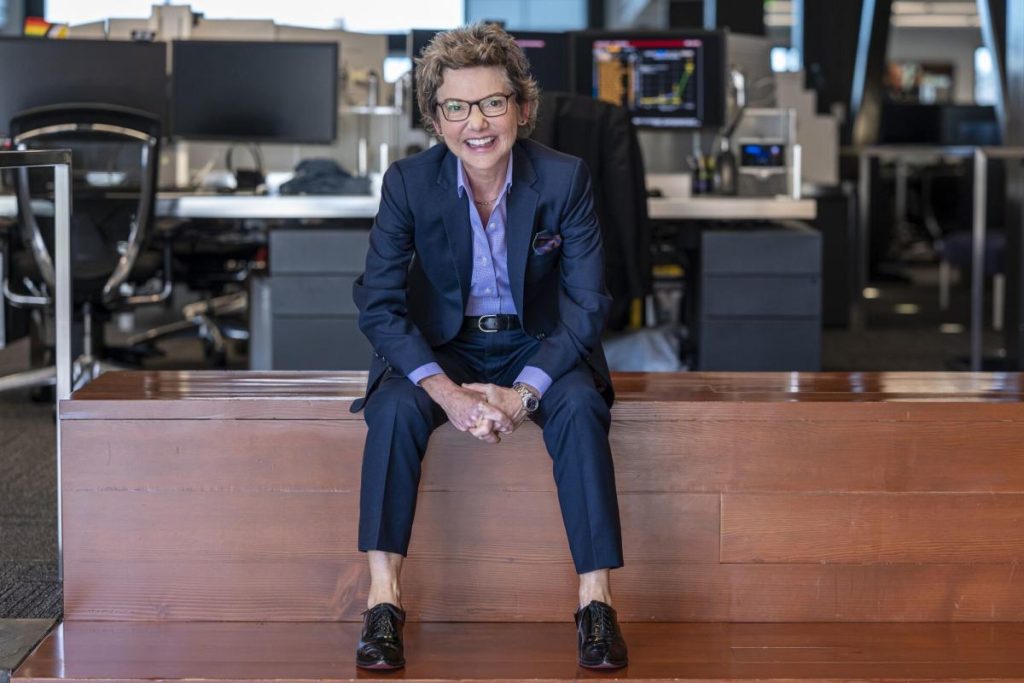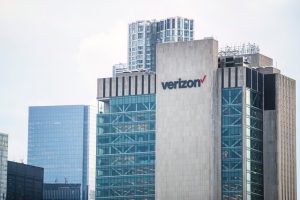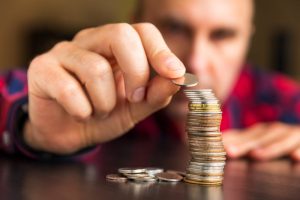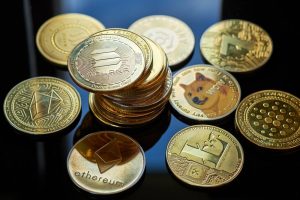
(Bloomberg) — Mary Daly was a young economist at the Federal Reserve Bank of San Francisco in the late 1990s when she helped then-Chair Alan Greenspan identify the last great surge in US productivity. She’s starting to think it’s happening again, driven this time by artificial intelligence.
Most Read from Bloomberg
“We’re seeing it everywhere,” Daly, now president of the San Francisco Fed, said about companies putting AI to work, in an interview for Bloomberg’s Odd Lots podcast with Joe Weisenthal and Tracy Alloway.
“It’s really about machine learning. It’s about robotic processing, automation, just people, businesses doing things,” she said. “I don’t think we’ll see it in measured productivity right away, and you shouldn’t expect to, but the impetus of change is there.”
Measured productivity has actually jumped in the US in recent years, though economists haven’t agreed on what factors are contributing to that, or whether it will persist. But a long-run increase in productivity could have a significant benefit.
Productivity refers to the amount of labor — or labor plus capital — required to produce a good or service. Higher productivity means you can make more without working more. As such, it’s the crucial ingredient for raising overall living standards. But it’s also notoriously hard to measure.
As economist Robert Solow famously wrote in 1987, “You can see the computer age everywhere but in the productivity statistics.”
In the late 1990s, as the information technology revolution began to alter businesses, Greenspan believed the same dynamic was at work, so he wanted economists to gather examples of how companies were applying technology on the ground. The results helped convince the Fed chair that productivity was, indeed, surging, a conclusion that helped guide monetary policy.
“Sure enough, he turned out to be right,” Daly said. “Productivity was all over the place, and eventually when the data got revised and we got better at figuring out what was going on, we saw that we had a computer revolution. The same thing appears to be happening with AI.”
Daly is trying to repeat the kind of research Greenspan sought a generation ago through the San Francisco Fed’s Emerging Tech Economic Research Network.
“We’re spending a lot of time with researchers, but we’re also spending a lot of time with CEOs and CIOs, and we’re asking them, what are you doing?” Daly said. “And it is astounding how many companies in the United States, probably the globe — we’re focused on the United States first — are using these things.”


